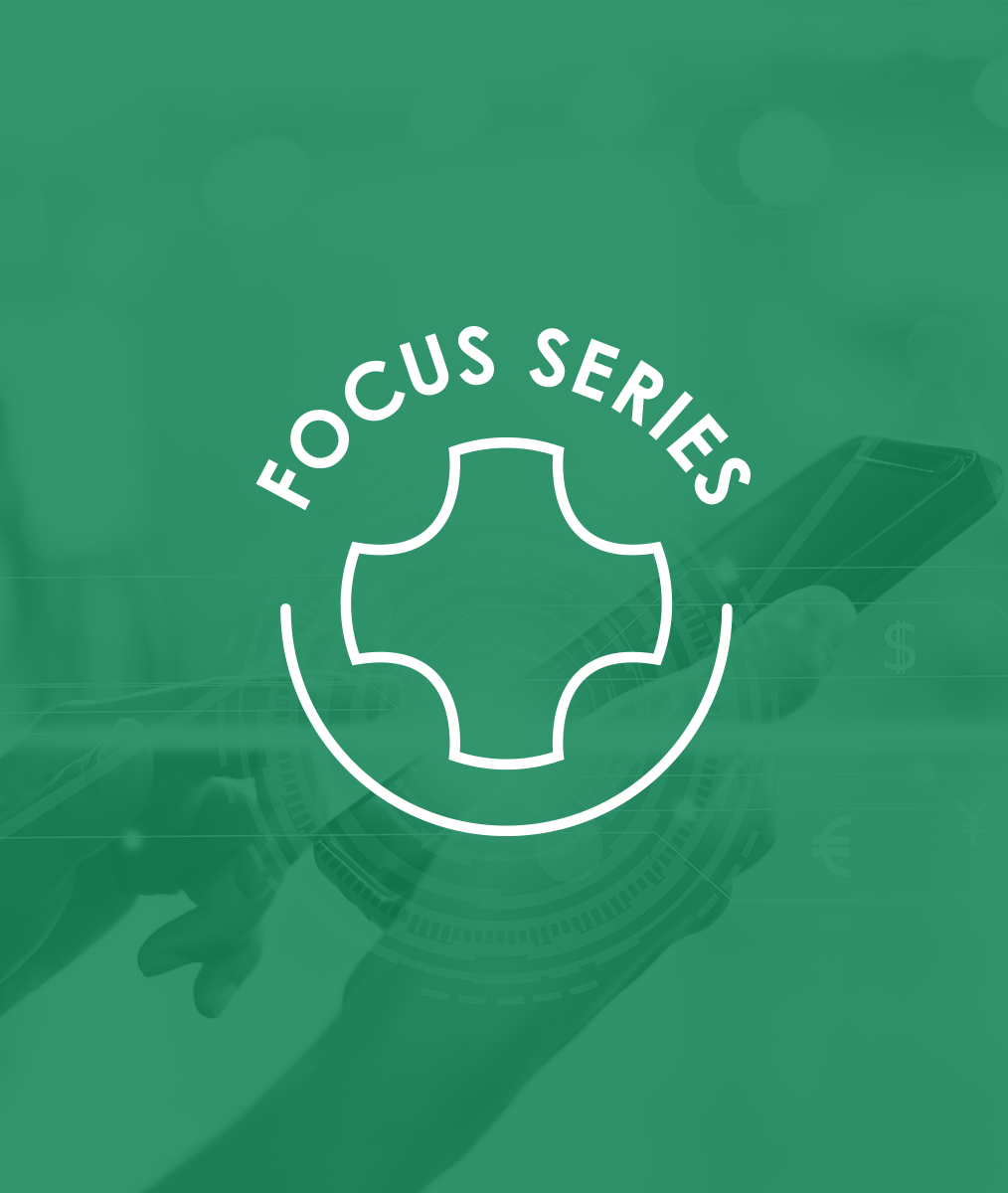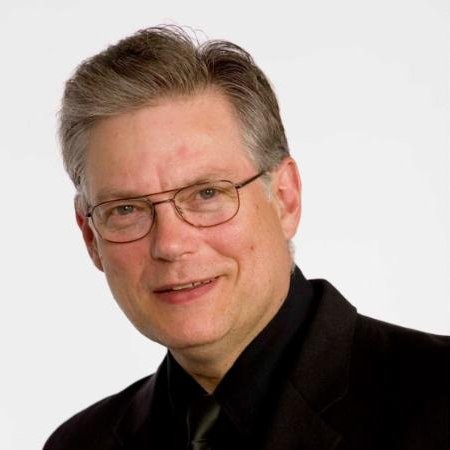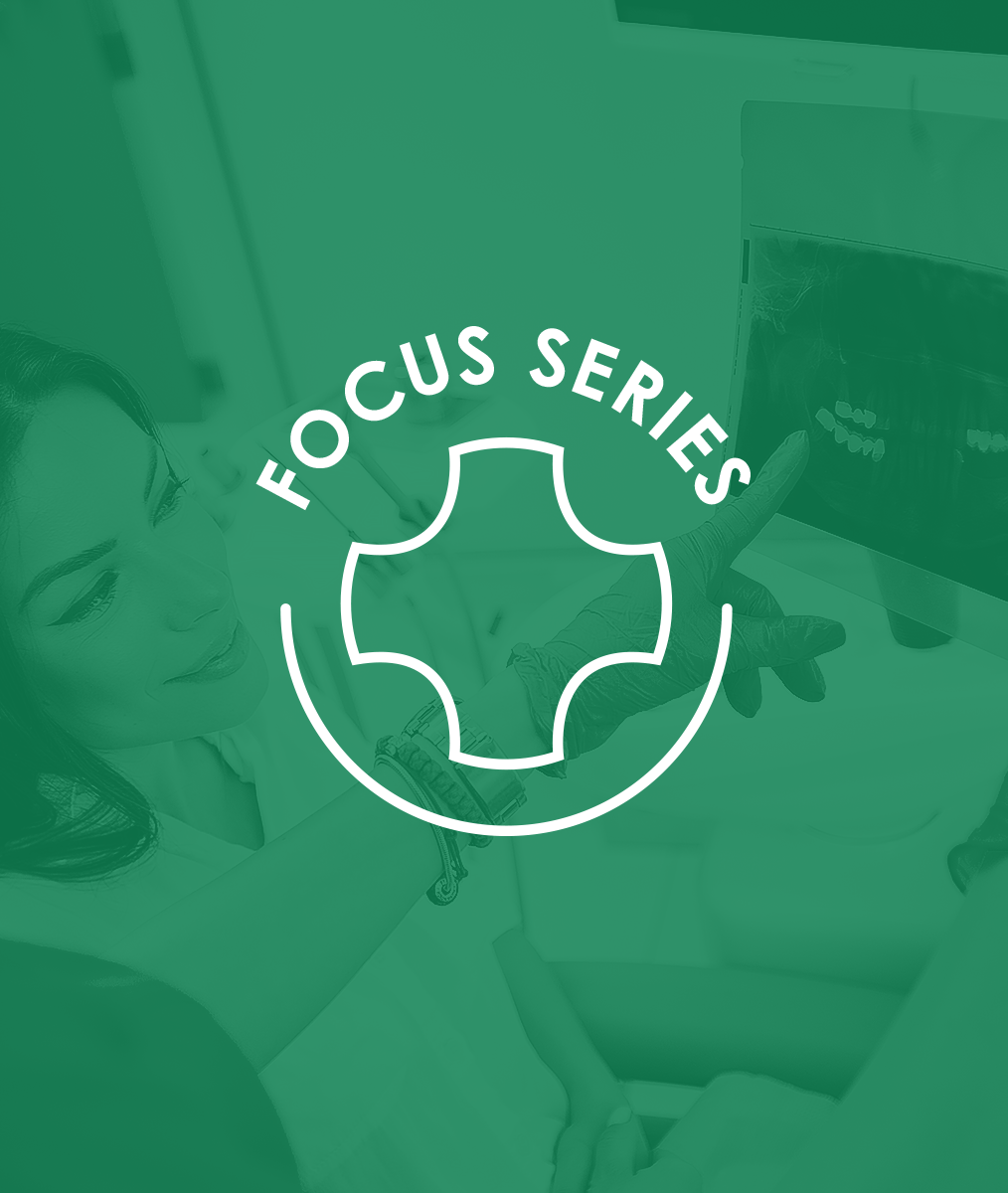Green Eggs and Ham
Paul A. Henny, DDS
Oftentimes, perspective is everything. Our thoughts influence our emotions, and then our emotions influence our behavior. How we view our situation as challenging but surmountable, impossible and insurmountable, or somewhere in-between, influences the outcome itself.
When challenged with a difficult situation, for example, chronic intra-staff turmoil, how we view the problem makes all the difference in the world. A conclusion of “That’s just the way people are and I can’t change it,” yields a very different outcome than “I’ve got to do something about this right now, because it is holding my practice back.”
In 1960, Bennet Cerf made a $50 bet with Theo Geisel. Bennet, the founder of Random House Publishing, bet Geisel, already a well-known author, that he couldn’t author a successful book that only had fifty different words.
Bennet lost the bet because Geisel saw the imposed limitation as a creative opportunity. The outcome was a book that would sell over 200 million copies. He titled it “Green Eggs and Ham.”
It’s old news that dentistry is rapidly changing—and in some ways not for the better. But if we focus on the negatives, we automatically shut down the creative solution-oriented side of our brain.
When we are locked into a glass-half-empty mindset, we think the glass will surely be even more empty soon. Einstein, Jobs, Edison, and Tesla avoided such thinking. That’s why they just kept on creating and overcoming seemingly impossible odds along the way.
Thomas Edison said, “Opportunity is missed by most people because it is dressed in overalls and looks like work.”
Putting on our overall and going to work is precisely how we should approach our challenges. We need to stop ruminating over what we think can’t be accomplished, because chances are quite good that they can be. Failing to do so will cause another day to be lost spinning our wheels instead of moving forward.
Looking for inspiration and examples of creative opportunities in dentistry? My CoDiscovery book—available on Amazon and in the Pankey Institute’s online store, is full of them.
Related Course
Creating Financial Freedom
DATE: March 6 2025 @ 8:00 am - March 8 2025 @ 2:00 pmLocation: The Pankey Institute
CE HOURS: 16
Dentist Tuition: $ 2795
Single Occupancy with Ensuite Private Bath (per night): $ 345
Achieving Financial Freedom is Within Your Reach! Would you like to have less fear, confusion and/or frustration around any aspect of working with money in your life, work, or when…
Learn More>











